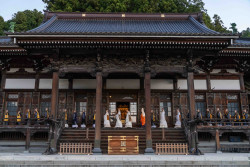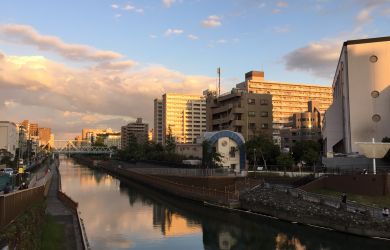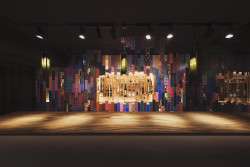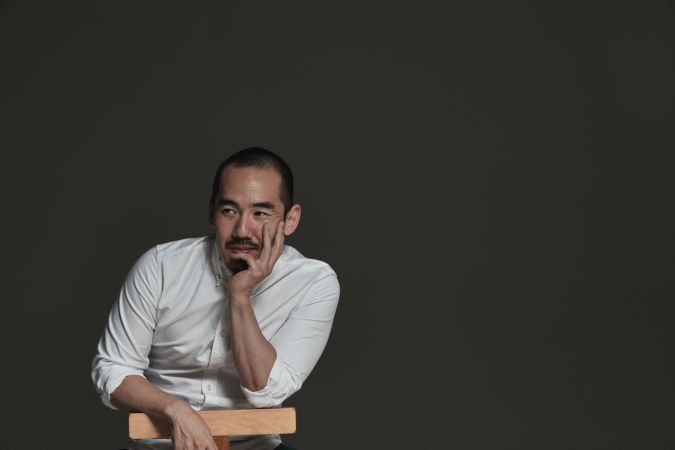
February 9, 2023
An Interview with Japanese-American Filmmaker Miki Dezaki
Exploring historical revisionism, racism, and the Comfort Women issue in his documentary 'Shusenjo'
By Tomi Haffety
Questioning the reasons behind long-standing controversies takes bravery and a curiosity that goes beyond textbook history. Miki Dezaki, a Japanese-American filmmaker, has proved both in his debut documentary “Shusenjo”. The work explores the rhetoric surrounding the enslavement of Korean Comfort Women by the Imperial Japanese Army throughout the Second World War. The prevailing discourse in Japan, from right-wing and ultraconservative groups, is that these women were prostitutes who chose to work in front-line brothels.
Comfort Women were women and girls forced to the front-line’s ‘comfort stations’ to provide sexual services to soldiers in the Japanese Imperial Army. The official statistics are conflicting regarding how many Comfort Women there actually were as it was often unrecorded, but it is estimated that there were at least 200,000 women enslaved in this way during the Second World War. Heavy debate surrounds the testimonies of these women, and the Japanese government has tried hard to remove the facts from school textbooks and public discourse.
We should learn history so that we don’t get manipulated.
Dezaki’s debut work premiered at Busan International Film Festival 2018 and has proceeded to create a considerable backlash from Japanese groups who were not only interviewed in the film but have subsequently sued (and lost to) Dezaki for defamation. This has not deterred the filmmaker, who travels the world to present his film and guest-lecture at universities.
Dezaki’s work offers a powerful antidote to the threat of historical revisionism. It is through films like this that we can learn history’s truths. Metropolis interviewed Dezaki to discuss self-censorship, the Japanese education system, and the dangers of a rewritten history.
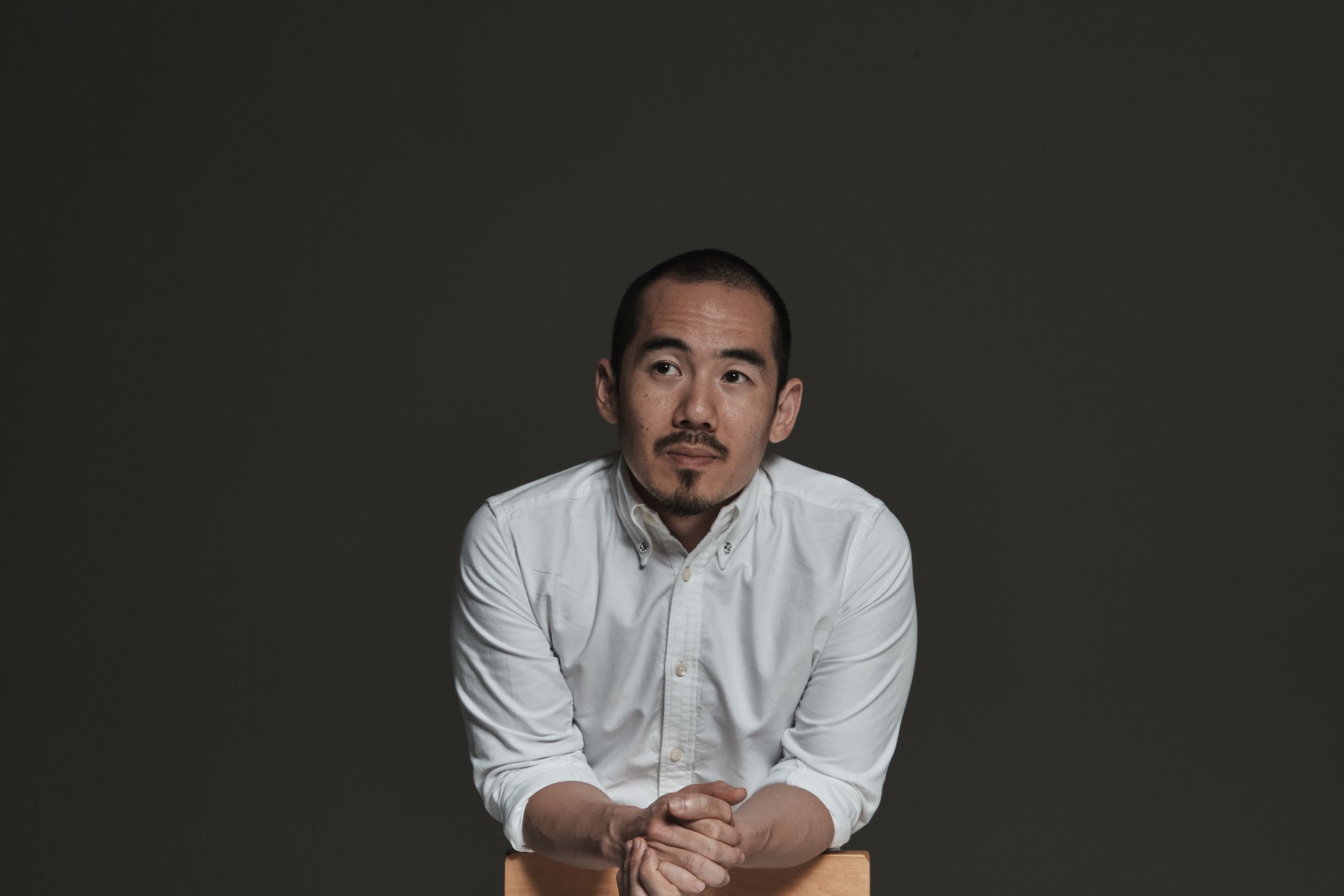
Your documentary “Shusenjo” is really important for the education of both Japanese and Korean history. What led you to research the topic of Korean Comfort Women?
The thing that caught my eye about the Comfort Women was that the issue is considered the most contentious one between Japan and Korea. I wondered why this when there are many issues that they could be fighting over? I heard that there were people who were trying to change and revise the history of Comfort Women and so I was really curious about that movement. Having friends in both Japan and Korea, I was thinking of a way of bringing peace to that region because, before becoming a graduate student and a filmmaker, I was a Buddhist monk in Thailand. If this is the most contentious issue, then how can I bring greater understanding to it?
As I got deeper and deeper, it became more and more interesting because I realized that this has so many facets to it. You can draw parallels to other issues such as misinformation, cherry-picking information, and how information is disseminated and spread to a population. It is also about how women are treated in Japan—even now. For example, while I was making the film the #MeToo movement was happening. The #MeToo movement didn’t take off in Japan as it did in other countries, so there’s the aspect of how women’s testimonies are seen, not just the Comfort Women, but contemporary women’s issues.
What do you think the consequences are of changing the truth, and of historical revisionism?
The implications are huge. Often, we hear the phrase “we need to study history so that we don’t repeat the past,” but for me, I think the phrase could be modified to say we should learn history so that we don’t get manipulated. That’s what I see happening in Japan and America. If Japanese people had known more about the Comfort Women, they wouldn’t be so easily manipulated when some fringe group starts saying that these women are liars. Because they hadn’t been properly educated on the issue, when those articles came out, they latched onto them. At the same time, Japanese people don’t want to feel bad about this. Nobody wants to feel like their ancestors did horrible things, and so they latched on to false narratives.
That is also mixed in with this racist idea that Koreans are liars. That misunderstanding or, lack of understanding, fuels this fire of hatred toward Korean people. If people knew more about history, they wouldn’t have been so manipulated by their own media. Will the Comfort Woman issue repeat itself? Possibly not. But it is fuelling this fire of hatred towards a certain group.
Your documentary was insightful in showing that many Koreans also didn’t believe the Comfort Women, and saw them as dirty, or liars.
They were like tainted women to Koreans in the past. So that feeds into so many of these different social issues in a patriarchal society. A very heavily patriarchal society.
I also found it interesting that there were Dutch Comfort Women in South East Asia, but when they were found, they were let go immediately. I had never heard about that. It feeds into racism within misogyny and lays bare the Orientalism that plays a huge part in the treatment of East Asian women.
I was blown away too. It’s pretty amazing how strong the white privilege is there, even in this horrible part of history.
Because you grew up in America, do you think this gave you a different perspective on these issues compared with someone growing up in Japan?
I received a lot of comments from Japanese journalists saying that they could have never made a movie like this, and there are a few aspects to this. One of them is that they don’t think that they could have gone head-on into these issues. I mean, that’s a very American thing. There is an internalized hesitancy to confront things in Japan. My documentary is about a taboo topic, so there’s a lot of self-censorship that would’ve prevented a lot of Japanese people in the media from being able to make the film that I made.
Self-censorship is very interesting. Many think it’s worse than government censorship. This is because with government censorship sometimes people can slip things through as they don’t always know what the government’s criteria is for censorship. However, in the case of self-censorship, like in Japan, people know what the taboos are without being told. This creates an atmosphere in which the default is to just not bring up anything that’s possibly controversial. That is what holds people back from making very controversial films that tackle things head-on, to not rock the boat. Their comments were as if this film was a breath of fresh air for them to see the Comfort Women issue dealt with directly, but also in a culturally sensitive way.
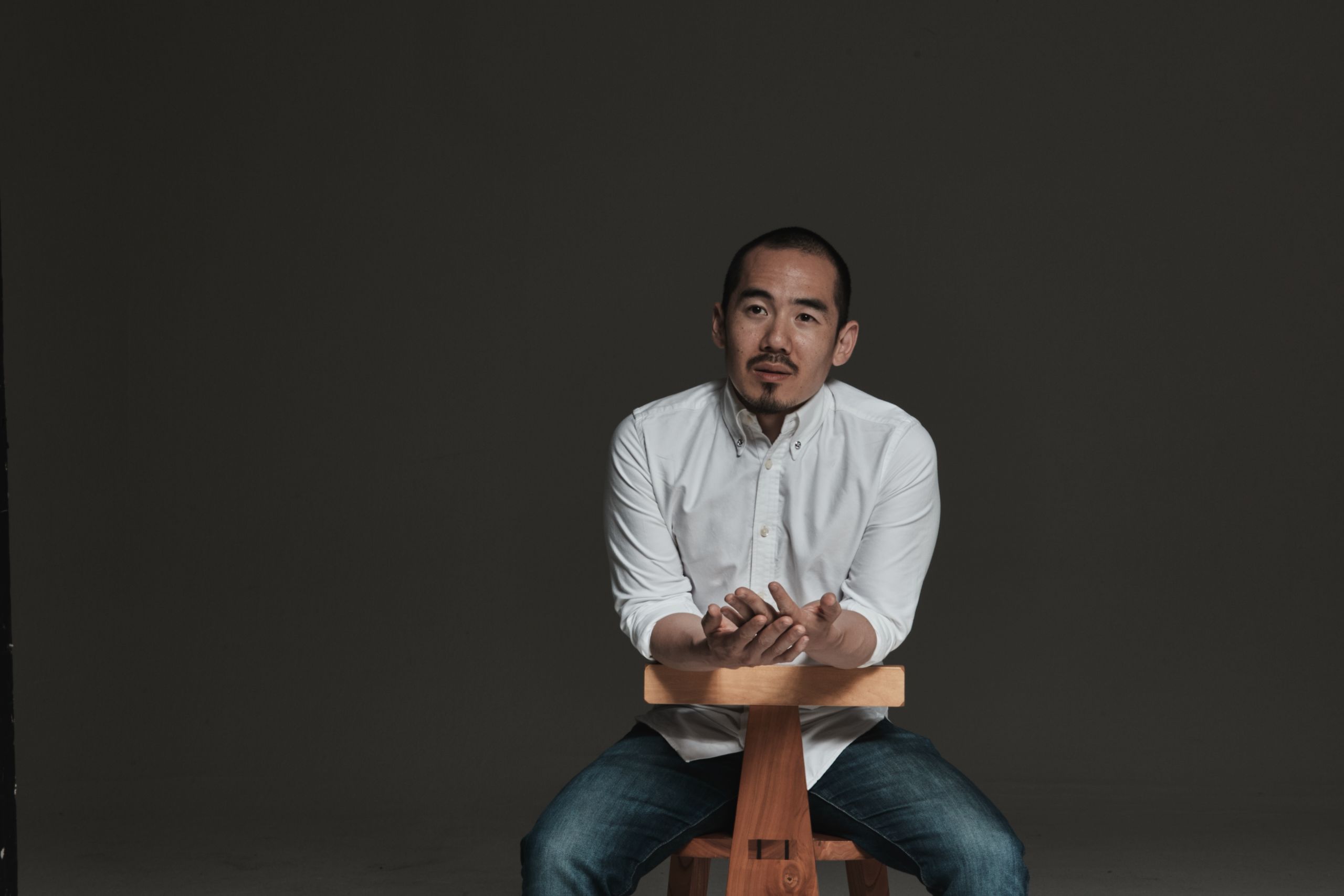
You caused some controversy with your YouTube video “Racism in Japan”. Why do you think it caused such a violent reaction?
At the time of making that video there were a lot of hateful protests happening in Tokyo, Kawasaki and Osaka. Japanese nationalists would march through areas with many Koreans and say terribly racist things and spread hateful misinformation. I actually wasn’t aware that any of this was going on until after I made the video. The reason why I made that video at that time was because I was teaching in Okinawa and Okinawans have faced a lot of racism, but the people there didn’t think of it as racism.
For them, racism was an American thing, and it didn’t exist in Japan. I actually taught some classes on discrimination and racism and got a really positive response from everyone, even the vice principal of the school. Then I thought of making a short video giving examples of racism in Japan, and it blew up. It got so much attention because my channel at the time was doing well as I had some comedy videos on there. But it was also the first of its kind to be critical of Japan. The only other video on racism in Japan at the time was by a white Canadian YouTuber who concluded that there wasn’t racism in Japan because she hadn’t experienced any in her time living here.
The reaction to my video was bad, and they went full force on me, trying to take the video down. It was concerning because they had found my address and my parents’ address in America. But I didn’t want to take it down because I didn’t want to create an atmosphere on YouTube where we couldn’t talk about these things. Now there are many videos about racism in Japan, and when I returned to Okinawa, they told me they used my video in their classes. But there are thousands of comments on that video and what was interesting was that quite a number were from people who weren’t Japanese, so I always think it interesting that people who aren’t Japanese purport that Japan is a utopian society. They think that racism doesn’t happen in Japan. But just because they don’t experience it, doesn’t mean it doesn’t exist.
Has the defamation case changed or reinforced your view of the people you interviewed?
I think part of them suing me is a part of their work. I don’t even know if they believe that they could win the lawsuit because the claims were so ridiculous. But I think what they have to do is show their followers that they’re fighting against anti-Japanese people, which is what they were doing even before they sued me. I guess my view of them in that sense hasn’t changed because of the lawsuit. The thing that surprised me was the blatant lies made in court. In the film, I give them the benefit of the doubt that they truly believe the version of history that they are trying to spread, but now, I think they may actually know that what they put out there is lies about the Comfort Women. Maybe for them, it’s an “ends justify the means” sort of thing where it’s OK for them to leave things out in their version of history as long as it leads to a society of Japanese people who love their country. Fortunately for me, that kind of thing doesn’t fly in a court of law.
I guess it is very characteristic of historical revisionist and nationalist groups.
It’s interesting because at first, I wasn’t so aware of historical revisionism. I knew of people who denied the Holocaust and after I got sued my lawyer encouraged me to watch the film, “Denial”. It was amazing that everything the revisionist says in the film is what the revisionists in Japan say. It’s uncanny. All the tactics, all the ways that they tried to deny things through quibbling with numbers and cherry-picking facts. I was amazed that it happens everywhere. Hopefully, through my film and films like “Denial,” we can start to recognize these patterns and more efficiently combat them.

At the end of the documentary, you ask, “Is it any wonder it hasn’t been resolved?” What would a resolution look like?
I think it’s really about taking legal responsibility. Through legal responsibility, you wouldn’t have this problem of Japanese politicians apologizing and then undermining it through a new denial. If legal responsibility isn’t possible, then I think Japan should at least teach this history properly in schools. If Japan started correctly teaching history, then there wouldn’t be as much anger about this in Korea. When I was in Germany, I learned that after the war, Germans weren’t necessarily that apologetic about what they did. It wasn’t taught in schools like it is now. It was only in the eighties that the younger generation started learning about it, and started saying to their government, “Hey, we need to apologize and teach this history.” That’s when things started changing in Germany.
The other obstacle is that Japanese young people are just not very politically engaged, which benefits the current government. There are a lot of factors to this, but in the end, the consequence is that there is very little movement within the younger generations to push their government to change things. Hopefully, this changes over time but change in Japan comes very slowly. If enough Japanese people learn about the Comfort Women through films, books or social media, and start to understand what happened, people could eventually push the government to take legal responsibility.


